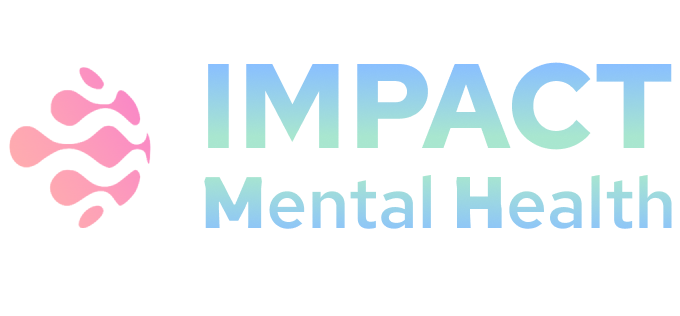Project Leaders

Contact PI
RENE S. KAHN
Esther and Joseph Klingenstein Professor and System Chair of Psychiatry
Icahn School of Medicine at Mount Sinai

MPI
CHERYL MARY CORCORAN
Professor and Program Leader in Psychosis Risk
Icahn School of Medicine at Mount Sinai

MPI
GUILLERMO CECCHI
Principal Research Staff Member – Computational Psychiatry and Neuroimaging
IBM
Project Number
1U01MH136535-01
Awardee Organization
ICAHN SCHOOL OF MEDICINE AT MOUNT SINAI
Program Official
SARAH E. MORRIS
Project Description
Psychiatry faces a significant challenge in the absence of objective measures to assess behavior. Clinicians form clinical opinions based largely on their impressions from interviewing and what they read in the electronic health record. As a result, providing reliable prognoses on an individual basis are not possible right now. One untapped source of behavioral information for clinical decision-making is the clinical interview itself, which forms the foundation of the electronic health record (EHR). Every clinical visit provides a wealth of behavioral information comprising spoken language, eye contact, and facial expressions from both the patient and the clinician. Another source of behavioral data, which is ecologically valid, comes from smartphones, which provide physical activity metrics (e.g., step count, distance traveled), geolocation, social interactions (e.g., SMS messages and phone calls made and received), sleep patterns and audio data from diaries. By analyzing these rich behavioral datasets from routine clinical visits and smartphones, clinical signatures can be developed for specific clinically relevant outcomes in young help-seeking people, namely treatment disengagement, ER visits and hospitalizations. These individualized clinical signatures are important for the real-life situation that confronts both clinician and patient at the first visit to a mental health clinic. This proposal includes all new patients (N = 2100), ages 15 to 30, who seek treatment for the first time at one of six outpatient mental health clinics in the Mount Sinai Health system.
Aim 1 is to create a baseline clinical signature for outcomes using deep neural network modeling of legacy EHR data and baseline behavior, which includes audiovisual recordings of intake interviews, ratings of working alliance, and brief surveys and tests of cognition.
Aim 2 is to use Contextual Bandit to create a longitudinal clinical signature for outcomes based on subsequent behavioral data from clinical interviews (and their accompanying notes), and smartphone passive data and audio diary data. Contextual Bandit is a model that keeps updating probabilities and odds over time as it is given new data.
Aim 3 is to create clinical signatures based on EHR data alone, such that the added value of behavioral data for Aims 1 and 2 can be quantified. Study assessments are standard, low-cost, and easy to administer, with good variance, validity, reliability, and attention to bias. Across all aims, fusion will be used for behavioral feature extraction and natural language processing (NLP) for analysis of both written language (clinical text) and spoken language (clinical visits and audio diaries). Data science methods have been optimized for partnership with the DCC. Health equity, community engagement and ethical issues re privacy, informed consent and fairness have been prioritized.
Public Health Relevance Statement
This proposal aims to address the lack of objective measures in psychiatry by leveraging advancements in computational approaches and incorporating rich behavioral data from clinical interviews, smartphones, and cognitive testing. The goal is to predict outcomes such as treatment (dis)continuation, hospitalizations, and ER visits for psychiatric patients in the first years of their illness. Leveraging the integrated Mount Sinai health system and bringing together a team of clinicians, AI experts and data scientists, our study aims to reimagine clinical phenotypes, using objective, scalable and cost-effective measurements, such as audiovisual recordings during clinical visits and data obtained from smartphones, to predict outcome in young help-seeking psychiatric patients.
